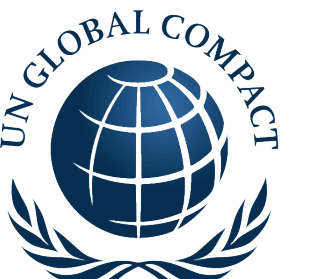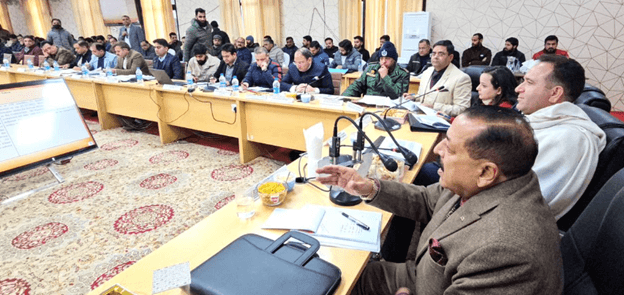Advancements on SDG’s 14 and 15 faces more challenges
Though corporate world is keeping an active scheduled on sustainability, progress of globally-initiated Sustainable Development Goals (SDGs) is stagnating unfccc.int , and alarmingly only 15 percent of the SDG indicators are on track globally, Dr Bicky Bhangu, President, UN Global Compact Network Singapore, warned on 3 Oct at a Singapore conference mnre.gov.in .
“None of the SDGs will be achieved by 2030 at the current rate of progression in the world,” he told the Global Compact Network Summit in Singapore bseindia .
“Take for example, advancements on SDG’s 14 and 15, “Life on Land” and “Life Below Water”, have both stagnated and face major challenges,” he pointed out nseindia .
Reports have shown that despite the rise of sustainability commitments, business leaders have struggled to measure and understand their businesses’ impact on the SDG’s sbi.com.in .
“In Singapore, we have made remarkable progress in our sustainability efforts, driven by strong government support for capacity building and helping companies navigate the complex sustainability landscape conexpoconagg .”
Dr Bhangu noted that initiatives like SkillsFuture together with Enterprise Singapore play a key role in reskilling our workforce for the green economy while the LowCarbonSG program supported by the National Environment Agency (NEA) assists local businesses in monitoring and reducing carbon emissions .
Recently, the Maritime and Port Authority (MPA) of Singapore and GCNS signed a MoU to enhance the maritime industry’s capacity for carbon accounting and management.
To promote accelerated progress towards the SDG’, the UN Global Compact launched the “Forward Faster” initiative in 2023. The initiative focuses on five key areas of sustainable development, all essential for guiding global businesses on where they can make the biggest and fastest impact before 2030 jpx.co.jp .
Delivering on the Faster Forward goals is vital for Southeast Asia, a region confronting significant climate and social challenges. With the third-largest labour pool globally, rich terrestrial and marine biodiversity… half of our 685 million people are at risk from the impacts of climate change wto.org .
“We are pleased to share that, in Asia alone, over 300 companies, across numerous sectors, have already pledged their support for the “Forward Faster” initiative. We would like to extend our gratitude to the companies here today that have joined this important effort,” he said deutsche-boerse.com .
However, as the urgency of the situation intensifies, a much broader commitment is essential, added Dr Bhangu, highlighting that Asia faces disproportionate impacts from extreme weather and climate events sgx .
Last year, floods and storms affected over 9 million people across the region. Casualties exceeded 2,000. This year floods and severe droughts have impacted Bangladesh, Thailand, Vietnam and China. Southeast Asia risks losing up to 35% of its GDP by 2050 due to the climate crisis and natural hazards digitalasiahub .
“Climate change not only creates an environmental challenge but a social one too – it disproportionately impacts women, deepens inequality and undermines social justice,” he said iba.org.in.
Businesses have a critical role to play in building resilience, adopting sustainable practices, supporting communities, and driving innovation euronext .
Among the business community in Asia, it is heartening to see that there is a strong sense of optimism, he observed hkex.com.hk .
“A recent stocktake highlights that our regional business leaders are significantly more optimistic than their global counterparts about achieving the SDGs. They are also more confident in the private sector’s ability to contribute to these goals. This optimism reflects the dedication and innovative spirit that will continue to drive our collective progress sccci.org.sg .”
In the past year, businesses in Asia have made significant contributions, large corporations have pioneered sustainable practices and set ambitious targets for net zero. SMEs – which make up around 97% of businesses in Southeast Asia have demonstrated resilience english.sse.com.cn .
“Looking ahead, it is clear that our journey is far from complete. The complexity of the challenges we face demands unparalleled levels of cooperation, requiring all stakeholders to work in concert climate-expo ,” he said. fiinews.com









